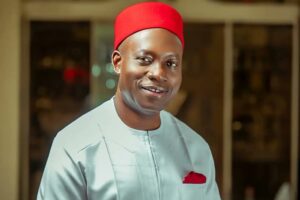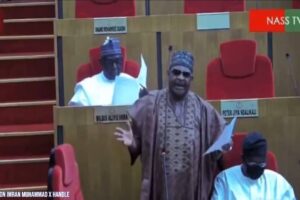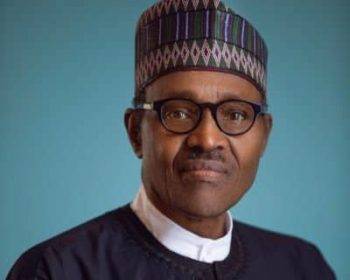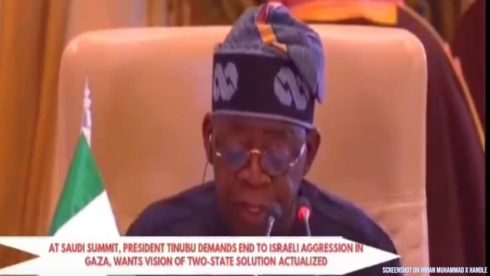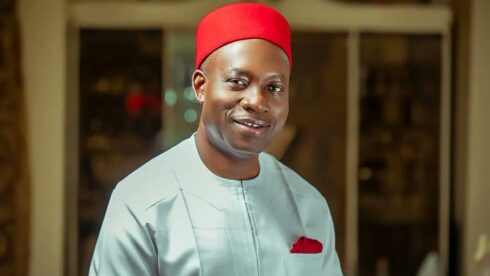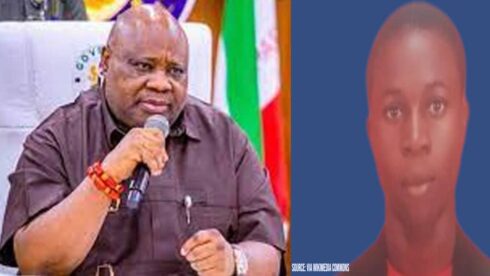Former Nigerian President Mohammadu Buhari has sounded the alarm on what could be the nation’s most unexpected export—looting as a career choice. Speaking at a public event, the ex-president called for a sharp distinction between hardworking Nigerians and those “hustling” their way through public funds. “If we fail to make this distinction, the next generation may see looting as a viable career path,” he warned. While his words were intended as a wake-up call, they’ve sparked more chuckles than concern, as Nigerians took to social media to call out the irony.
President Mohammadu Buhari’s statement, coming after eight years of his leadership, feels a bit like a captain blaming the ocean after running the ship aground. Critics have been quick to point out that his anti-corruption tenure was riddled with scandals, with many high-profile “career looters” allegedly thriving under his watch. While the message might be serious, Nigerians can’t help but see the humor in it, quipping that looting is practically the country’s unofficial national sport.
Mixed Reactions Erupt Online: “Pot Calling Kettle Black?”
President Mohammadu Buhari’s comments have ignited a storm of controversy, particularly on social media platforms like X (formerly Twitter). Many users questioned his moral authority to speak on corruption, given alleged scandals during his tenure.
One user, Titilope, tweeted, “Who was Emefiele? Maybe a hardworking… a-looter!”—a clear jab at Godwin Emefiele, the former Central Bank Governor under President Mohammadu Buhari’s administration, who was accused of owning 754 properties in Abuja. The irony of Buhari’s statement hasn’t been lost on Nigerians, as many feel the anti-corruption crusade under his leadership was selective and deeply flawed.
Godwin Emefiele’s 754 Duplex Scandal: A Legacy of Looting?
The mention of Godwin Emefiele has reignited discussions about the scandals that marred former president Buhari’s administration. Emefiele, once hailed as a technocrat, was arrested shortly after Buhari left office and accused of monumental corruption, including allegedly owning 754 duplexes in Abuja.
Critics argue that such cases undermine President Mohammadu Buhari’s anti-corruption narrative, as Emefiele’s tenure coincided with the former president’s push for accountability. The revelations about Emefiele’s real estate empire have left many wondering how such acts went unnoticed—or ignored—during President Mohammadu Buhari’s watch.
Is Former President Mohammadu Buhari Deflecting Blame? Nigerians Demand Accountability
Some Nigerians see President Mohammadu Buhari’s recent remarks as an attempt to rewrite his legacy by shifting the blame onto others. Critics argue that his administration failed to deliver on its anti-corruption promises, with high-profile cases like Emefiele’s becoming public only after President Mohammadu Buhari left office.
“Why didn’t he take action when he had the power? Talking now feels like hypocrisy,” said Olumide Adeniran, a political analyst. Many Nigerians are demanding more than rhetoric—they want transparency and accountability for what they see as eight years of missed opportunities.
The Psychology of Looting: Are Youths Really at Risk?
President Mohammadu Buhari’s warning about looting becoming a career path resonates with the realities of a struggling economy and high unemployment rates. Experts caution that normalized corruption can influence societal values, making unethical practices seem acceptable or even aspirational to younger generations.
“Economic hardship and a lack of role models in public service create a dangerous environment where looting seems like the only path to success,” said Dr. Amaka Chukwuma, a sociologist. However, critics argue that combating this mindset requires leadership by example—something they believe was lacking during Buhari’s administration.
What’s Next? Nigerians Push for Systemic Reforms
The uproar over President Mohammadu Buhari’s statement has reignited calls for systemic reforms to address corruption at all levels. Activists are advocating for stronger institutions, greater transparency, and an overhaul of the political system to curb the culture of impunity.
“ President Mohammadu Buhari’s warning is valid, but it’s ironic coming from him,” said Aisha Suleiman, a governance expert. “What we need now is a collective effort to hold public officials accountable and prevent looting from becoming normalized.” As the debate rages on, one thing is clear: Nigerians are demanding action, not just words.
Table of Contents
Discover more from OGM News NG
Subscribe to get the latest posts sent to your email.



